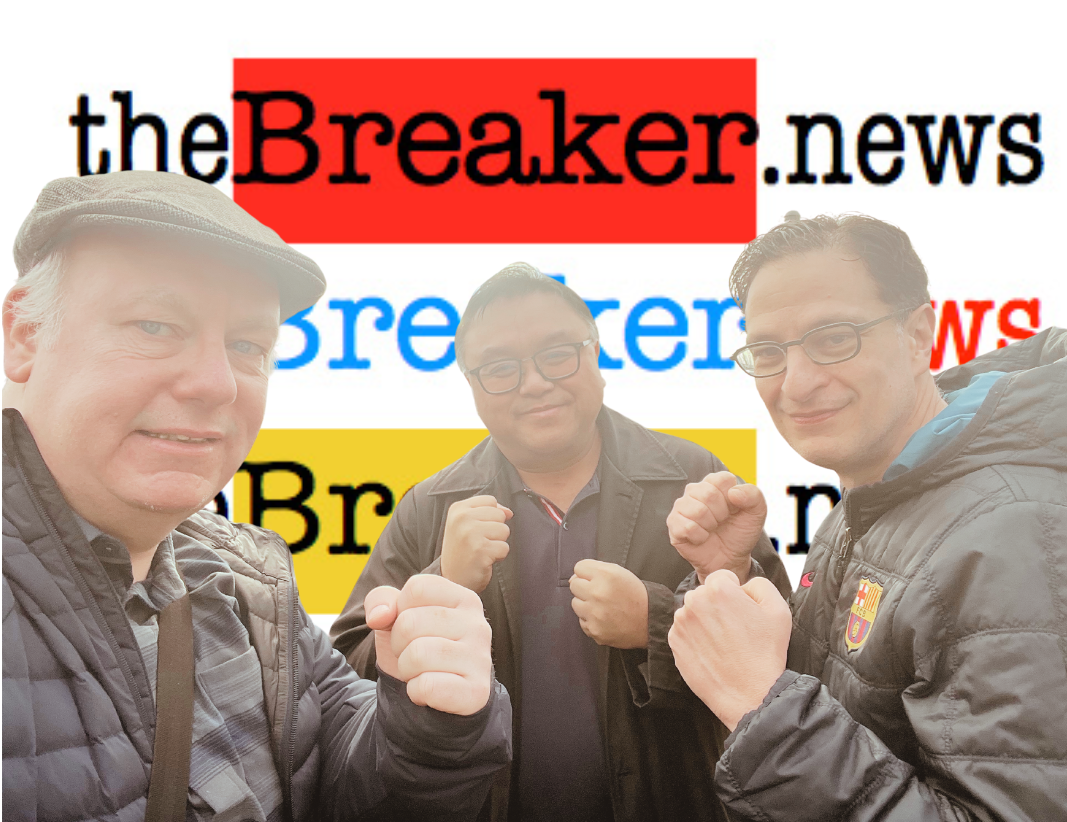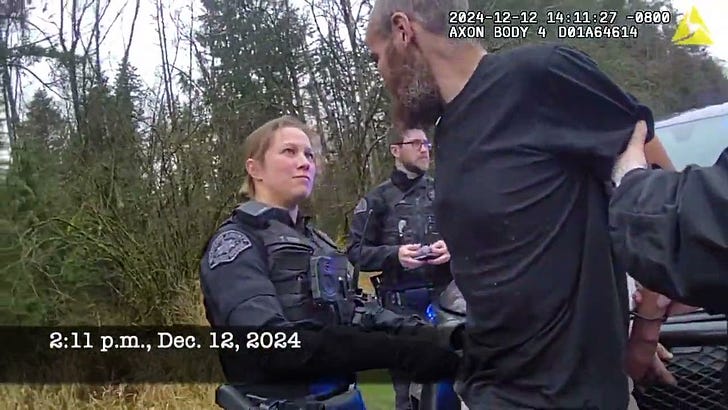NDP-aligned OneCity hides candidate’s jobs with Australian mining giant BHP
Bob Mackin
The NDP-aligned party aiming to keep a seat on Vancouver city council in the April 5 by-election is concealing the mining background of its candidate.
Bike lane campaigner Lucy Maloney’s career with Australian mining giant BHP is omitted from the OneCity Vancouver website. It calls her a holder of a law degree and an MBA who built “a career in both the public and private sector.”

From OneCity Vancouver website.
A LinkedIn profile lists Maloney’s jobs as superintendent of sourcing and contracts for BHP Billiton Worsley Alumina Pty. Ltd. from 2008 to 2011 and health safety, environment and community and risk specialist for BHP Billiton Minerals Exploration beginning in March 2011.
Her husband, Scott Maloney, held multiple roles for BHP from 2007 to 2017 in Australia, Singapore and Chile. He is now vice-president of environment for Vancouver copper and zinc giant Teck Resources Ltd.
Maloney did not explain why OneCity omitted her BHP experience from the website.
“I supported operations in rural communities producing aluminium, copper and potash, which are necessary for the climate transition, and to feed the world,” Maloney said by email.
According to the Corporate Research Project: “BHP Billiton has often been the subject of controversy over its hardline labour relations policies and what is seen as its overly aggressive pursuit of new mining opportunities in poor countries.”
Prominent NDPers endorse anti-Israel COPE candidate
Ex-Burnaby-Lougheed MLA Katrina Chen and retired Richmond city councillor Harold Steeves are urging voters to send Sean Orr to 12th and Cambie on April 5.
However, former Minister of Finance and Minister of Advanced Education Selina Robinson hopes voters look elsewhere on the ballot.
“Be sure to exercise your right to vote in the upcoming by-election and please don’t elect someone who has no interest in keeping Jews safe, especially when antisemitism is at an all time high,” Robinson wrote on Facebook. “All Vancouverites deserve better than this.”
In early 2024, Orr was involved in the successful campaign, spearheaded by the pro-Hamas Samidoun, to oust Robinson from the NDP cabinet after she called Mandatory Palestine a “crappy piece of land within nothing on it.” Robinson issued an apology and vowed to take anti-Islamophobia training, but Premier David Eby removed her from cabinet and she quit the party soon after.
Last October, after the anniversary of the Oct. 7 massacre and start of the Israel-Hamas war, the U.S. and Canada declared Popular Front for the Liberation of Palestine-affiliated Samidoun a terrorist entity.
Orr publicly expressed support on X (formerly Twitter) for an un-permitted Feb. 12, 2024 anti-Israel protest that blocked traffic on the Burrard Bridge, an important link for ambulances between downtown and Kitsilano (Orr: “not illegal”).

Anti-Israel radicals Atiya Jaffar and Harrison Johnston endorsing socialist Sean Orr’s city council campaign.
Orr also praised the May 23, 2024 takeover of the Samuel and Frances Belzberg library at Simon Fraser University downtown. Protesters covered the names of the prominent Jewish philanthropists and posted one bearing the name of senior PFLP leader Khalida Jarrar (Orr: “was a fantastic event”).
One of Orr’s latest endorsers is scheduled to appear in Vancouver Provincial Court on April 16. Harrison Johnston is among 13 protesters who were charged with mischief for blocking railway tracks in East Vancouver during a May 31, 2024 anti-Israel protest that delayed Amtrak travellers.
Also endorsing Orr: Atiya Jaffar, the campaigns manager for U.S.-based environmental protest charity 350. Jaffar was involved in organizing anti-Israel protests in 2023 and 2024 and the 2020 Shut Down Canada protests.
The by-election runs 8 a.m. to 8 p.m. on April 5 across Vancouver to fill the seats vacated by OneCity’s Christine Boyle, who became an NDP cabinet minister last fall, and the Green Party’s Adriane Carr, who retired.
NEW: Subscribe to theBreaker.news on Substack. Find out how: Click here.
Bob Mackin The NDP-aligned party aiming to keep



















